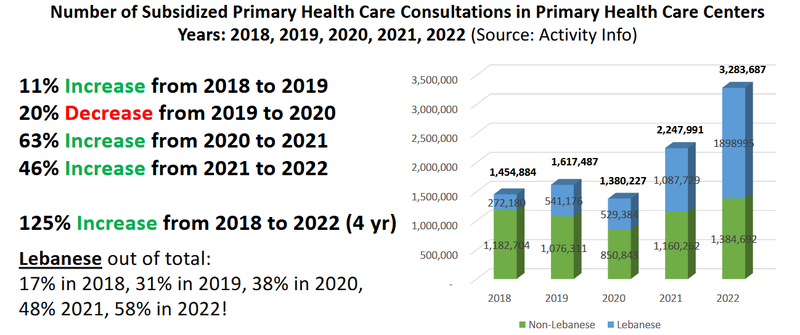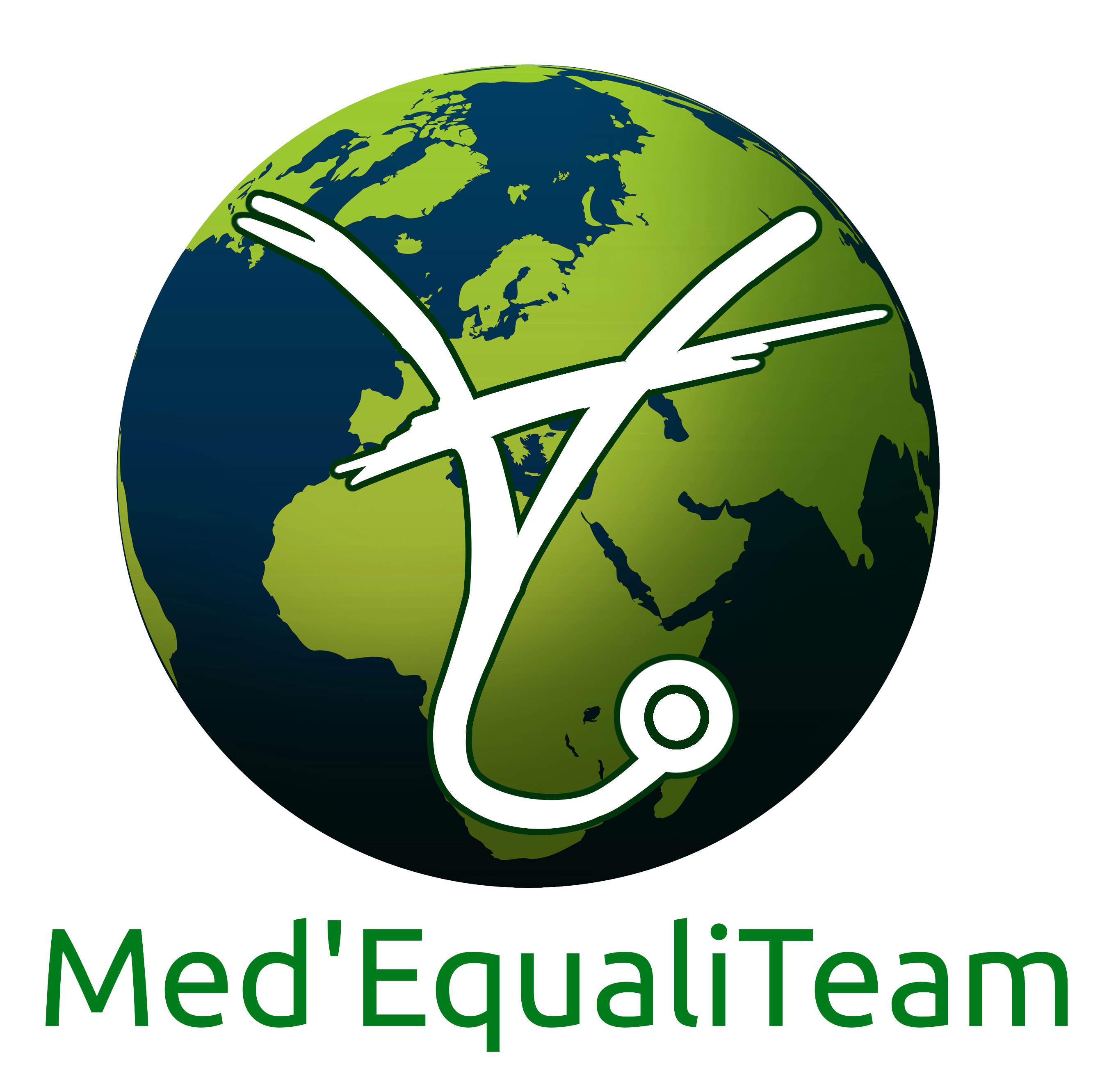The opening of the OB/GYN clinic in Lebanon is postponed.
Med'EqualiTeam is still working on the project however we need to find more ways to fund it. Moreover, the regional geopolitic situation makes it impossible to start due to security.
For all our previous generous donators, please be aware that the money raised so far for Lebanon will be kept exclusively for this project - or be donated to a Lebanese NGO.
One crisis after another
Since the Syrian conflict started in 2011, Syrian people have endured immense suffering. The devastating consequences include the loss of hundreds of thousands of lives and the displacement of millions, both within the war-ravaged nation and in neighboring countries such as Lebanon. As a result, Lebanon is currently home to nearly 1.5 million Syrian refugees, making it the country with the highest number of refugees per capita globally. Many of these refugees face challenges in accessing affordable healthcare, particularly those residing in remote and isolated areas. Even after 12 years of the ongoing Syrian conflict, Lebanon continues to bear the brunt of one of the most severe humanitarian crises in recent history.
Despite this immense strain, Lebanon remains remarkably committed and hospitable towards displaced Syrians and other vulnerable populations within its borders. This is especially noteworthy considering that Lebanon has also been grappling with the devastating consequences of unprecedented economic, financial, social, and health crises in recent years. According to the World Bank, the Lebanese crisis is projected to be among the top ten most severe global crises since the mid-nineteenth century.
The vulnerable Lebanese and Syrian populations have been particularly hard-hit by a significant rise in socio-economic needs. They have faced shortages in critical supply chains, limitations in accessing essential services like food, healthcare, education, and employment. Additionally, they have had to cope with the massive devaluation of the Lebanese Pound and high inflation rates.
Gaps in the health sector
Lebanon's healthcare system had to face a series of simultaneous shocks that are fundamentally reshaping the national health landscape, with a scarcity of resources such as energy, human resources, medication, and mounting financial difficulties.
Most health indicators are deteriorating, with an alarming rise in maternal and neonatal mortality rates, a sharp decline in vaccination coverage, and a decrease of 15 % or more in access to hospitalization. Many patients suffer from chronic diseases that need ongoing treatment. The recent epidemy of cholera and cases of measles are also adding on the growing list of challenges faced by the health system.
The primary health centers mostly run by local and international NGOs, are now also becoming essential for Lebanese people who can't afford to pay for their healthcare anymore. Due to diminishing funds correlated to the Syrian refugee crisis, it is anticipated that the health sector crisis will deteriorate in the coming months and years.

Data from UNHCR regarding number of consultations provided the recent years
Our medical project in Lebanon
We will cooperate with Endless Medical Advantage (EMA), a medical NGO operating in the Bekka Valley since 2019 by offering consistent, affordable, and accessible primary healthcare. Initially active through mobile clinics to refugee camps, they are now running a permanent Health Center that has been operational since March 2023. During this period, the clinic has successfully cared daily for more than one hundred patients. It is open for anyone in need of medical care, regardless of nationality, religion, age, etc.

In yellow the geographical range of services from EMA
Under the supervision of EMA, Med’EqualiTeam will take on the Sexual and Reproductive Health assistance by providing affordable gynaecological care to Lebanese and displaced Syrian women through consultations with a local gynaecologist or midwife. In addition, medical and paramedical volunteers will increase the offer of primary healthcare currently offered by EMA.

Waiting room and registration at EMA's health center
